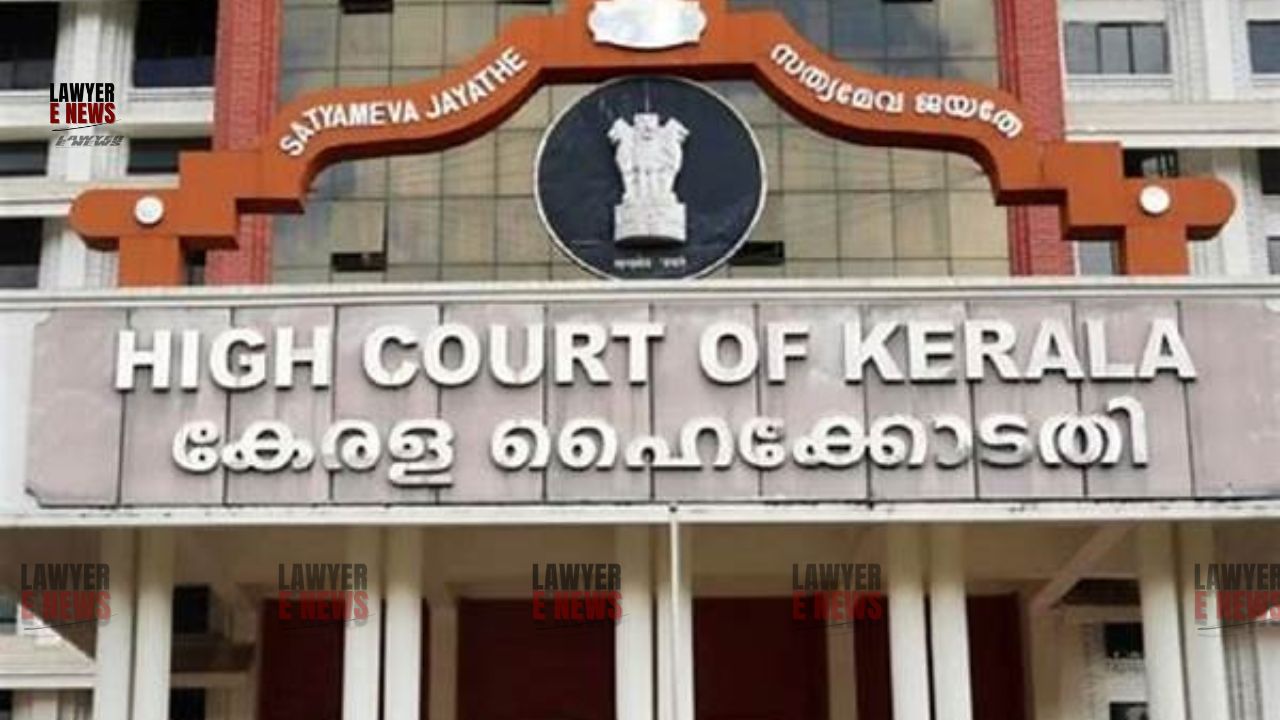-
by Admin
16 February 2026 5:45 AM



High Court rules Section 8(c)(i) of KVAT Act permits dealers in cooked food to apply compounded tax rate on other goods. In a significant ruling, the Kerala High Court has held that dealers primarily engaged in the sale of cooked food and beverages are entitled to pay a compounded tax rate of 0.5% on their total turnover, including resale bakery products. The judgment, delivered by a bench comprising Dr. Justice A.K. Jayasankaran Nambiar and Mr. Justice Syam Kumar V.M., overturns the decisions of lower tax authorities that had subjected such turnover to the standard rate under Section 6 of the Kerala Value Added Tax (KVAT) Act.
The petitioner, Pentafour Associates, operated a commercial outlet selling bakery products and beverages in front of an amusement park. For the assessment years 2012-13, 2013-14, and 2014-15, the petitioner opted to pay tax at a compounded rate of 0.5% on the sale of goods as per Section 8(c)(i) of the KVAT Act. The Assessing Authority, however, taxed the resale bakery products at the regular rate under Section 6 of the Act, arguing that the compounded rate applied only to cooked food and beverages prepared by the dealer.
Scope of Section 8(c)(i): The court analyzed the provisions of Section 8(c)(i) and concluded that it permits dealers in cooked food and beverages to pay a compounded tax rate on both self-prepared items and other goods for which they are not the first taxable sellers. "An option is given to a dealer in cooked food and beverages, including beverages prepared by him, to pay tax at half percent of the turnover of cooked food and beverages prepared by him and also on the turnover of other goods," the judgment noted.
The bench emphasized the legislative intent behind the provision, stating that it aims to simplify tax compliance for dealers in cooked food by allowing a unified tax rate. "The purport of the Section appears to be to enable a dealer primarily dealing in cooked food and beverages to discharge his tax liability at the rate of 0.5% on his total turnover," the court observed.
Clarifying the term "other goods" in Section 8(c)(i), the court rejected the revenue's interpretation that it should only include similar items as cooked food and beverages. "The very purpose of the legislature using the words 'other goods' would be frustrated if the phrase is interpreted to refer to goods of the same nature," the judgment stated.
The court criticized the lower authorities for their restrictive interpretation of the statute, which led to an inconsistent application of tax rates. It underscored the importance of adhering to the clear language and intent of the legislature, which intended to provide a compounded tax rate for a broad category of items sold by eligible dealers.
Dr. Justice A.K. Jayasankaran Nambiar remarked, "So long as a substantial part of his turnover pertains to cooked food and beverages, including beverages prepared by him, he would be entitled to pay tax at the compounded rate even on the turnover of other goods incidentally sold by him in the course of business."
The Kerala High Court's judgment is a landmark decision that simplifies tax compliance for dealers in cooked food and beverages, reaffirming their eligibility to pay a compounded tax rate on a broader range of goods. This ruling is expected to have significant implications for similar cases, providing clarity and consistency in the application of the KVAT Act.
Date of Decision: May 24, 2024
